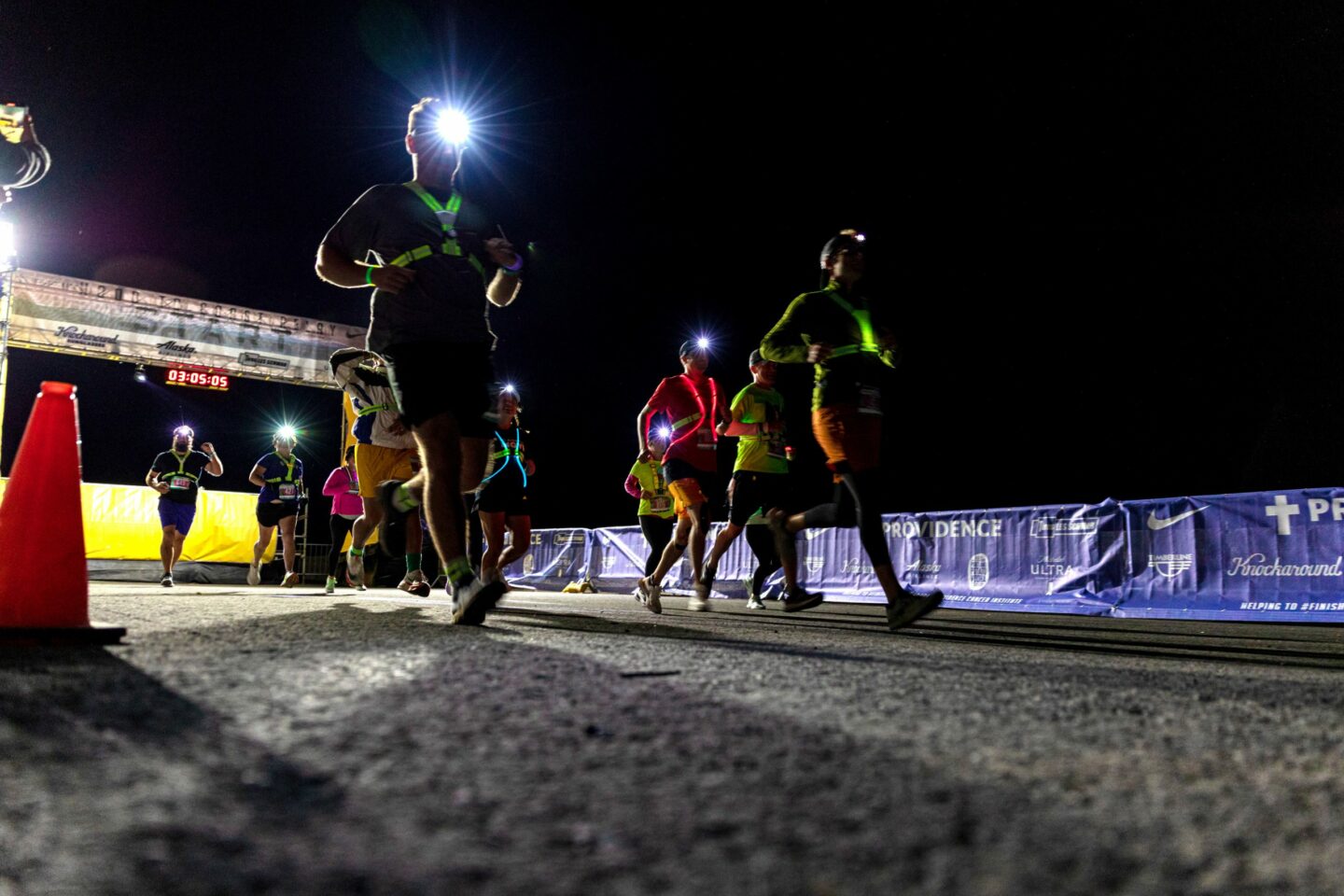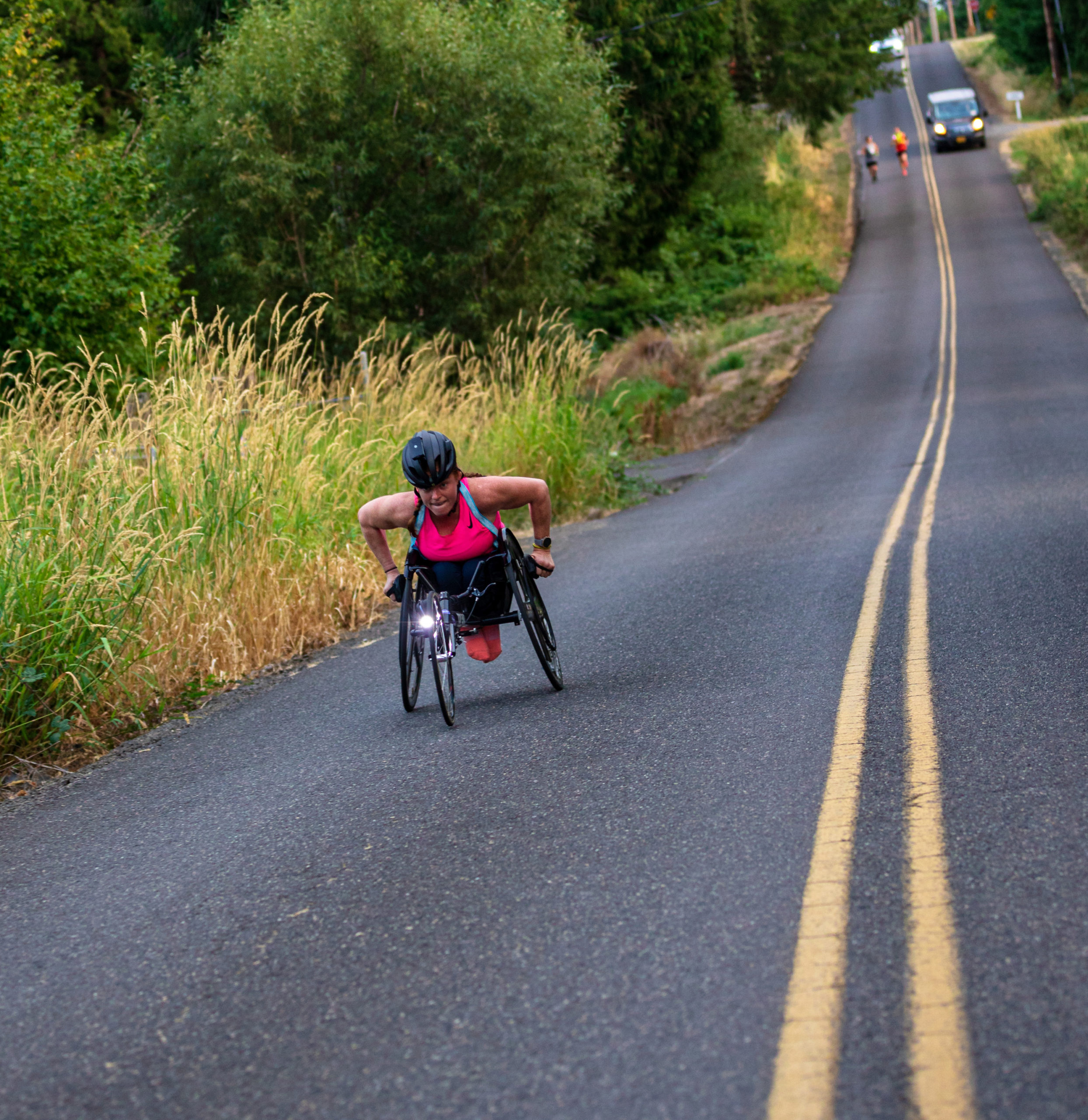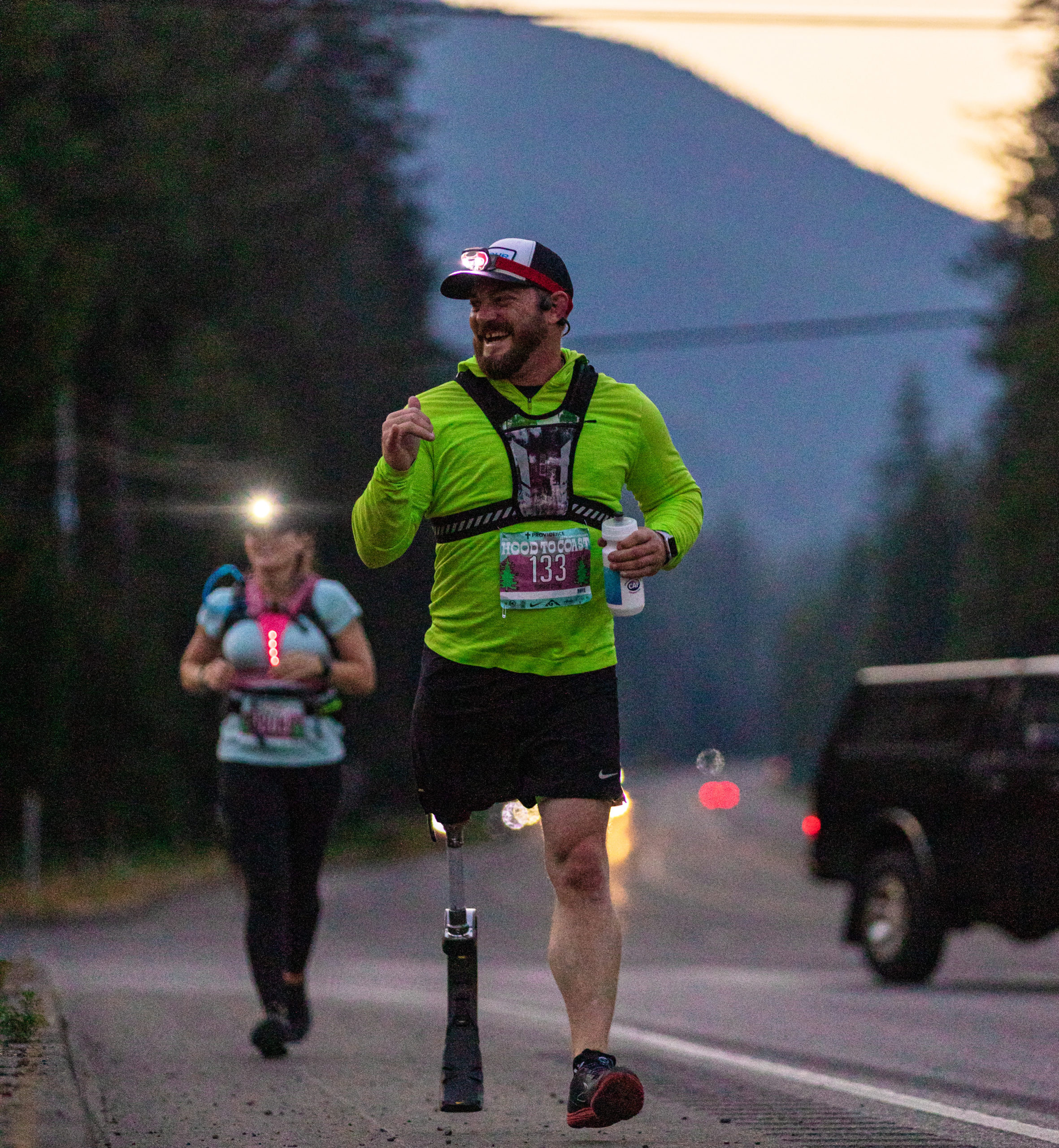When Colin was just five years old, he was diagnosed with a rare and aggressive bone cancer, osteosarcoma, in October 2017. His treatment involved intensive chemotherapy and an amputation of his right leg. After the grueling treatment, his family’s main goal was to help him reclaim his childhood. Unfortunately, this journey unveiled a harsh reality with the complexity and challenges in acquiring a suitable prosthesis that would accommodate his active lifestyle and aspirations. Their hope was restored when they read about a young girl who, fitted with a running blade, transformed from struggling in gym class to reclaiming her confidence and joy. This story resonated with his family deeply and they believed Colin deserved more than just to walk – he deserved to run, play, and experience the joys of childhood without limitations. Because their health insurance would cover the cost of only one prosthesis, they applied for a grant from Amputee Blade Runners in Nashville, Tennessee, as well as Move for Jenn in Charlotte, North Carolina, both charitable nonprofits. However, the process was arduous and taxing, both emotionally and financially, requiring multiple trips, interviews, essays, and considerable time away from school and work. The necessity for a running leg extends beyond just sports; it is about the quintessential childhood experiences – playing tag, running on playgrounds, keeping up with peers, and simply being a kid. These are not luxuries but fundamental aspects of a child’s life and development.
Colin Wiederholt
Mullica Hill, NJ
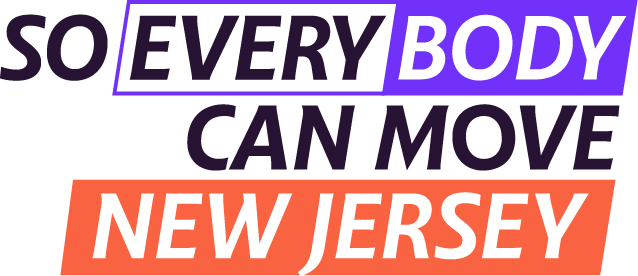
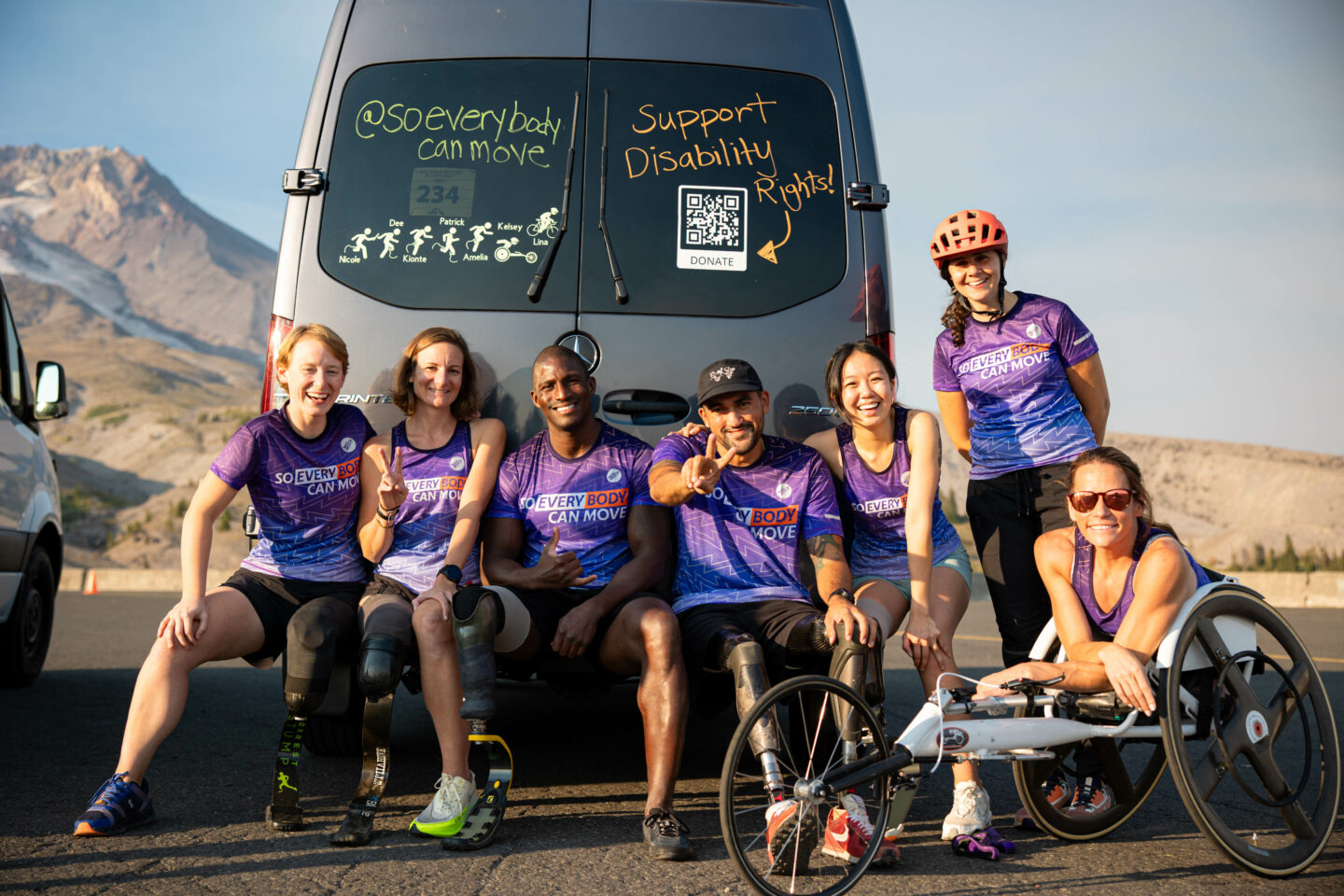

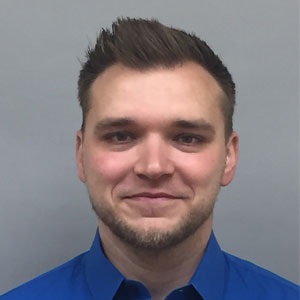

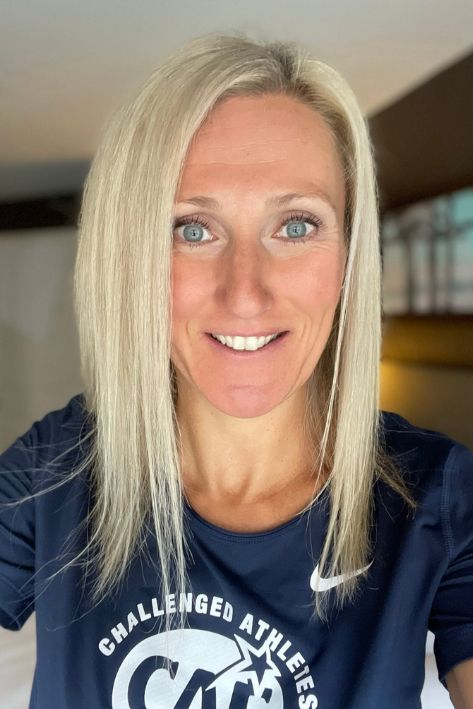
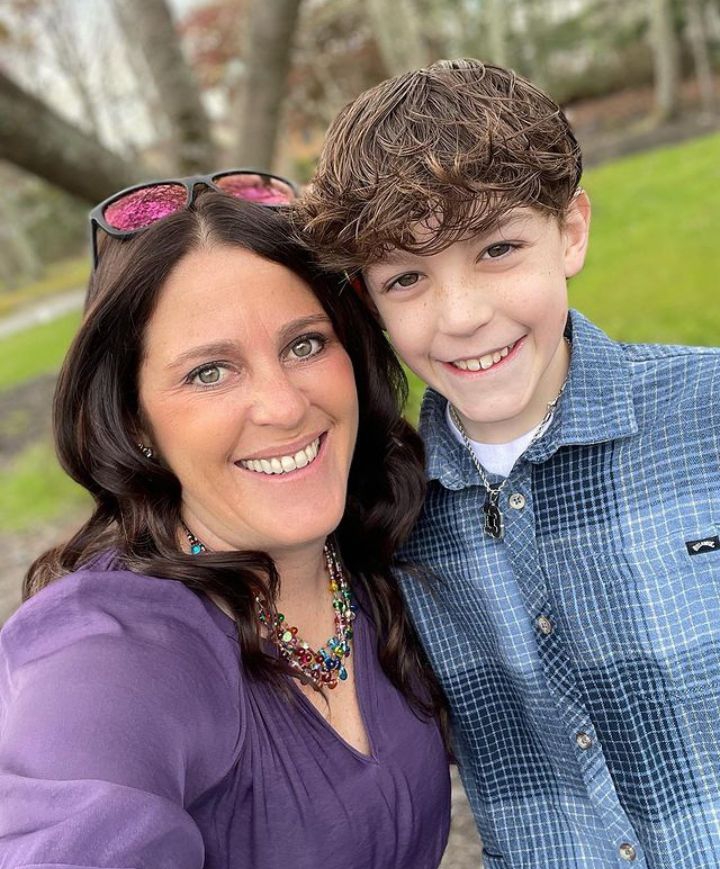
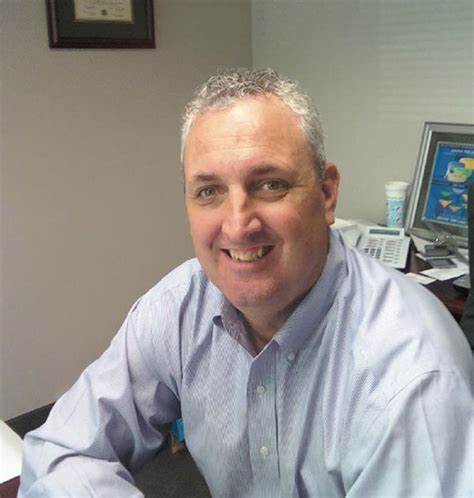
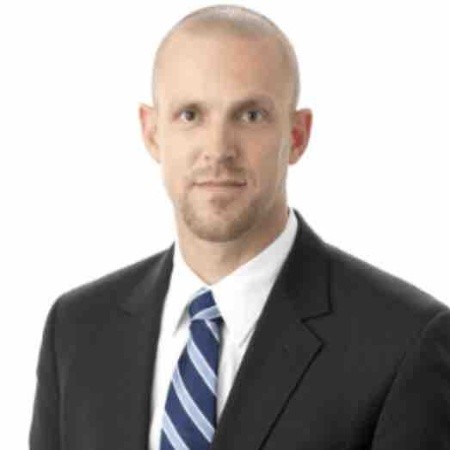
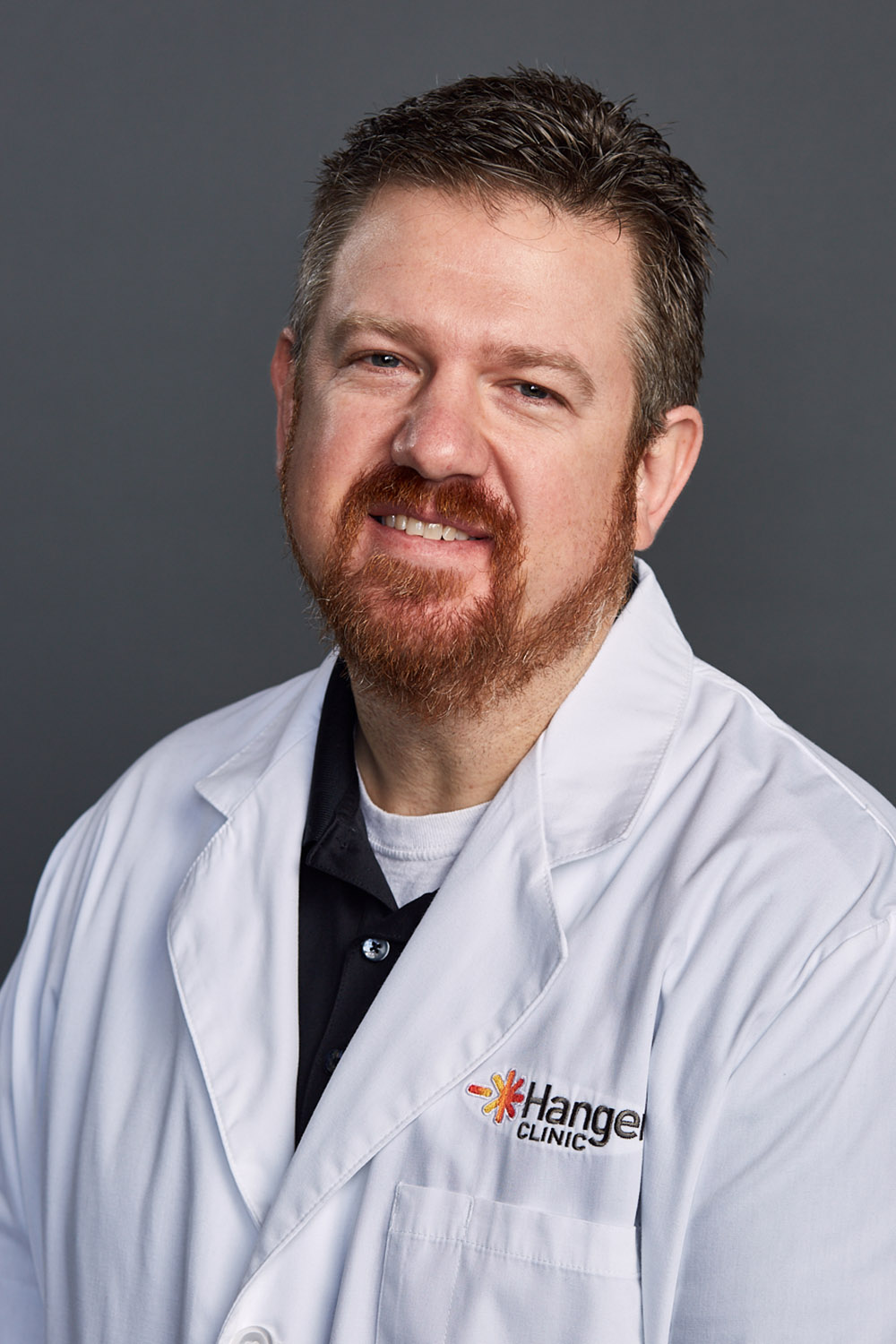



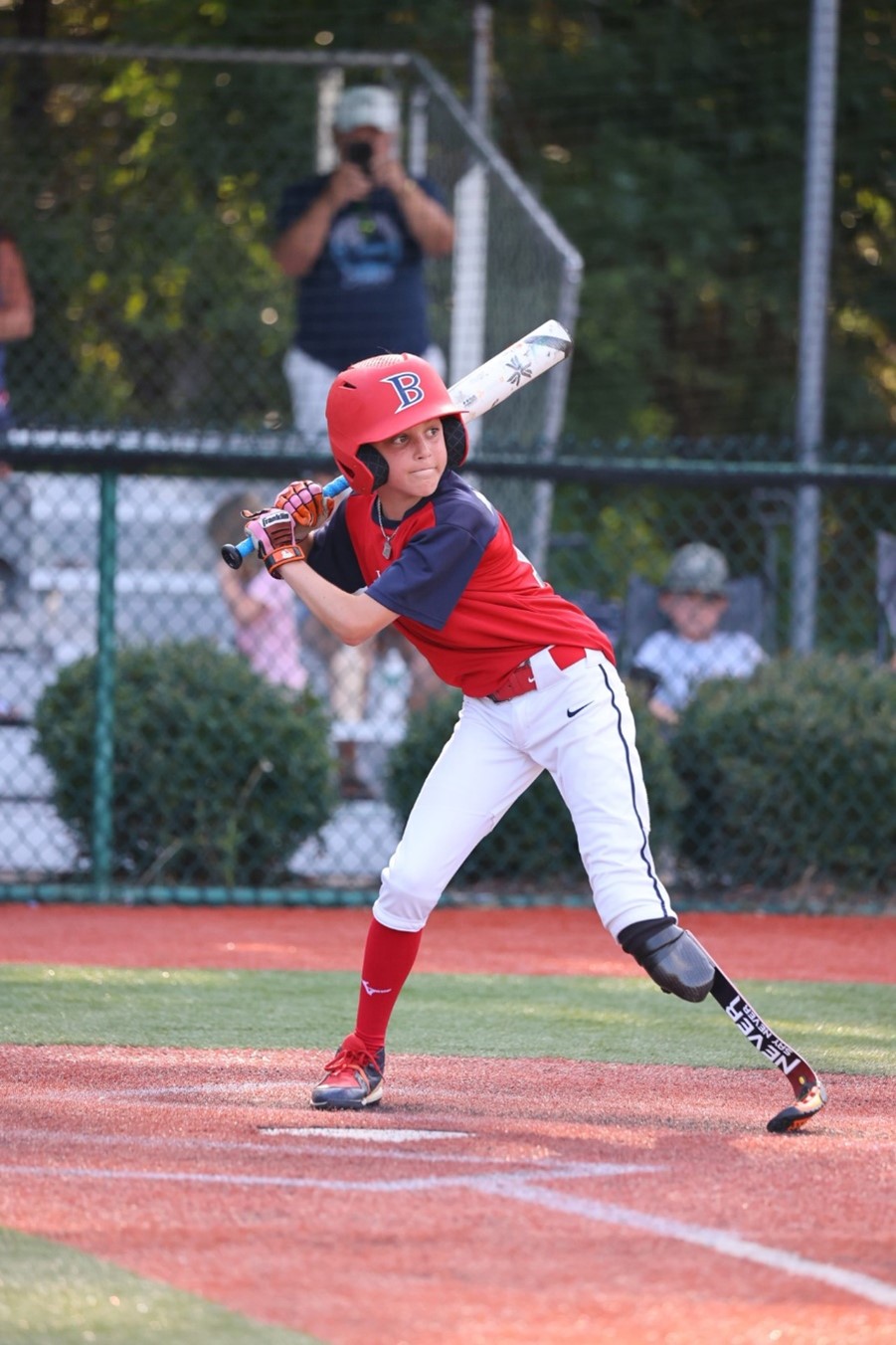
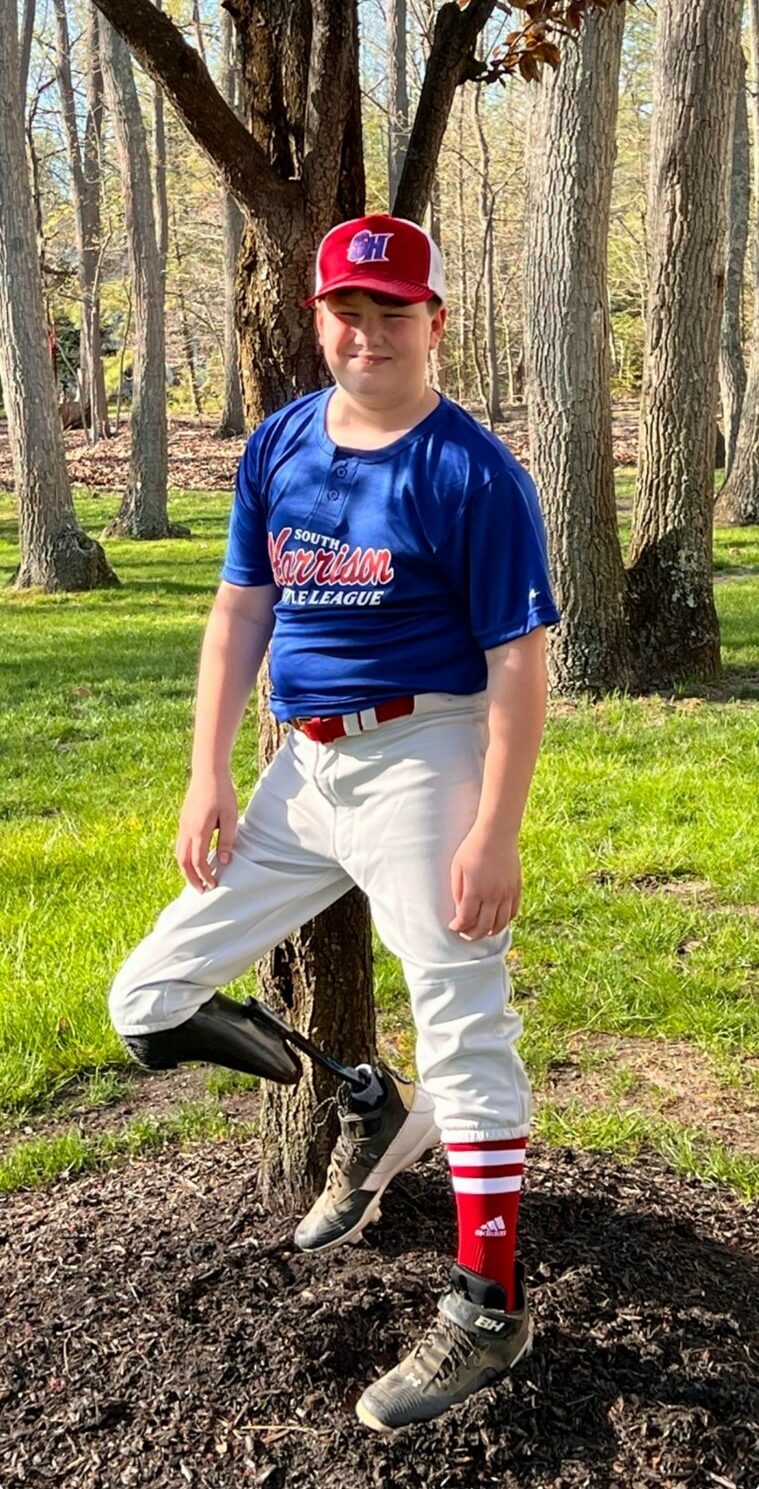
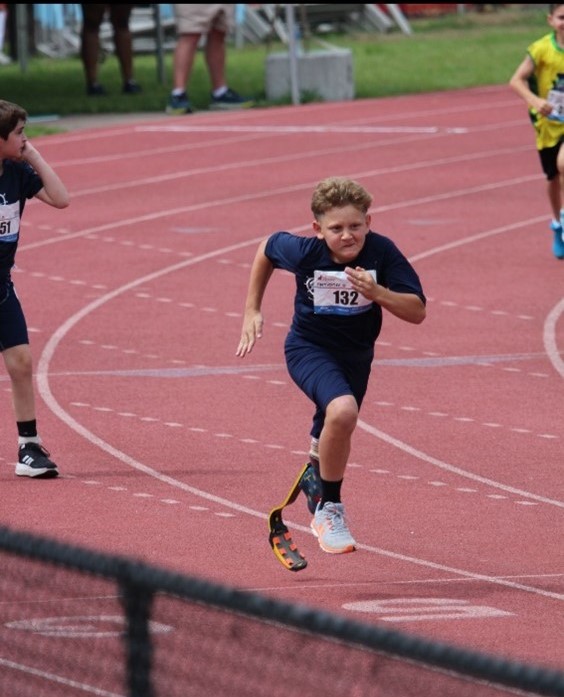
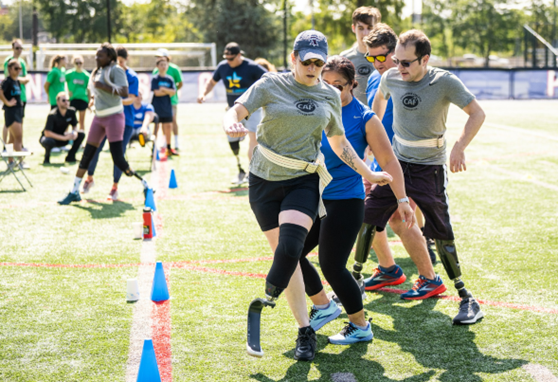
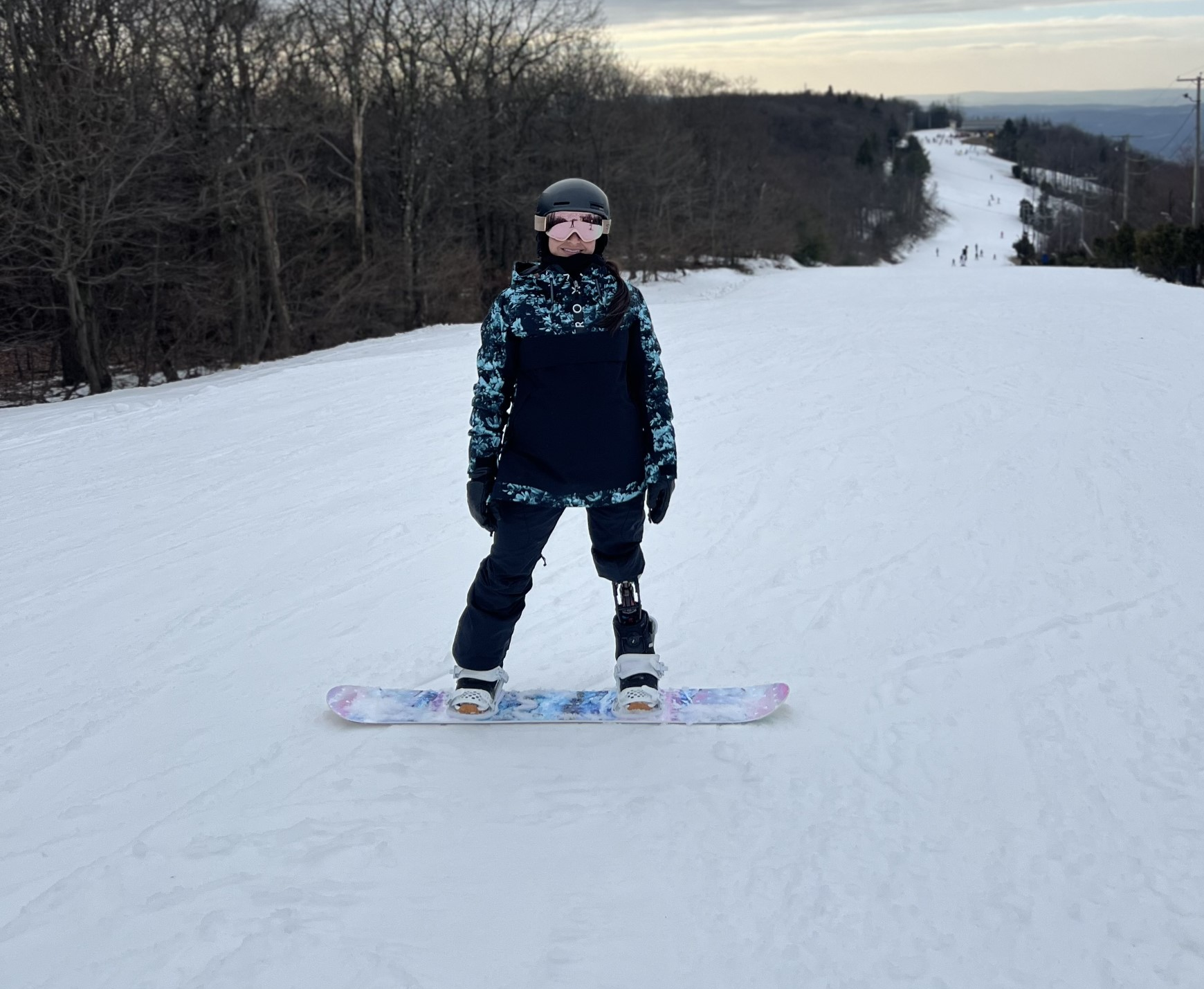
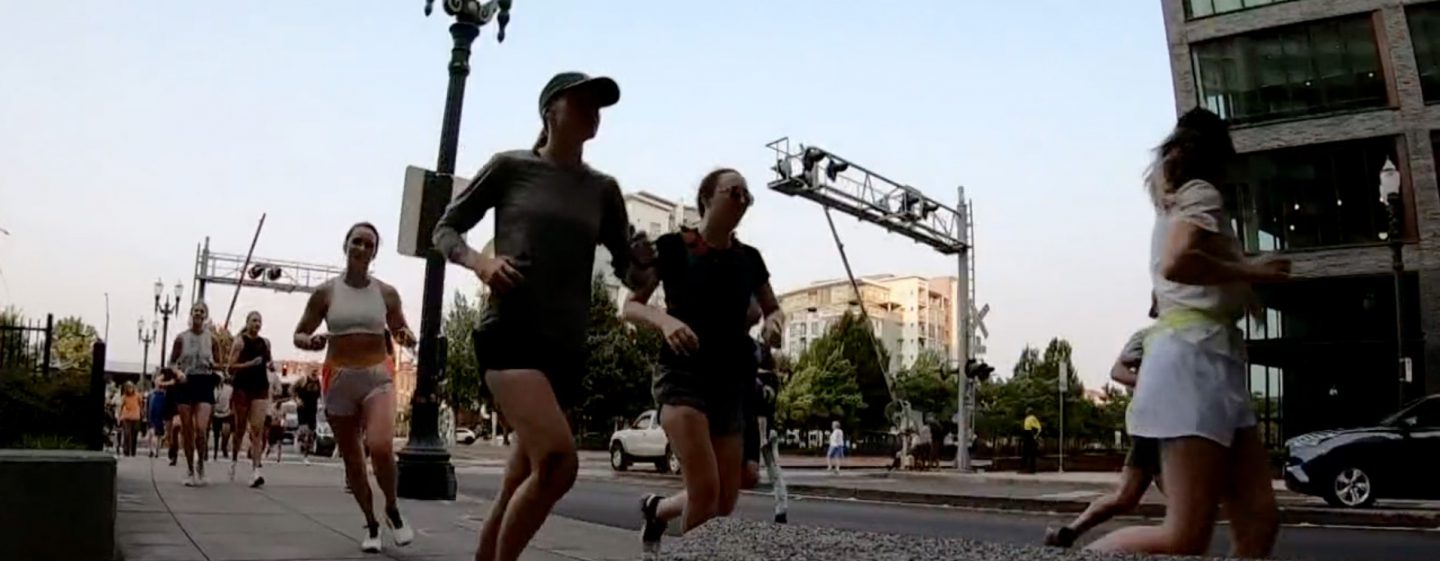
 Scroll to view full list
Scroll to view full list
